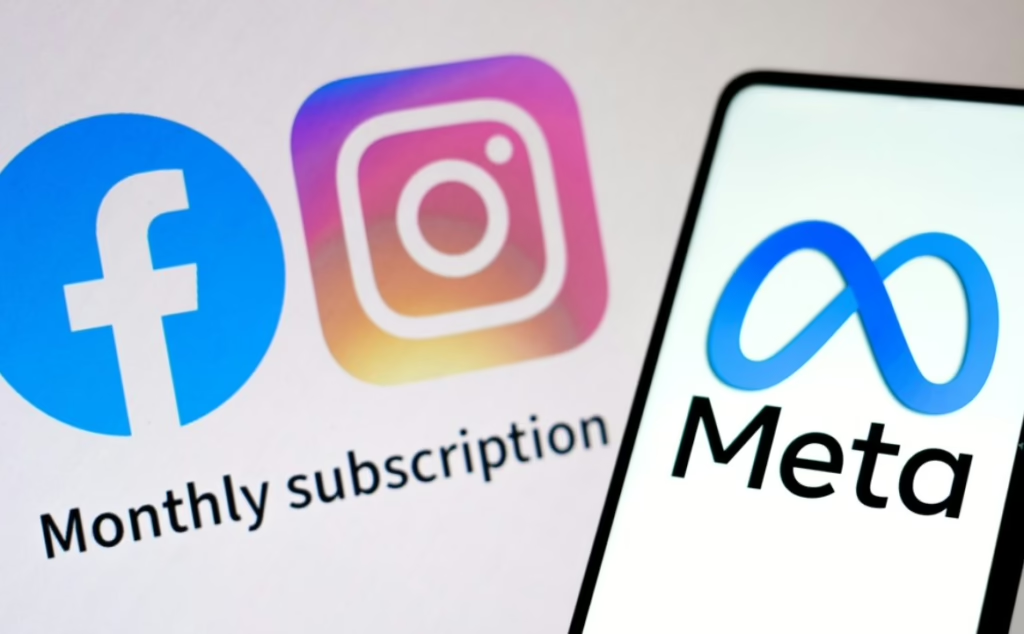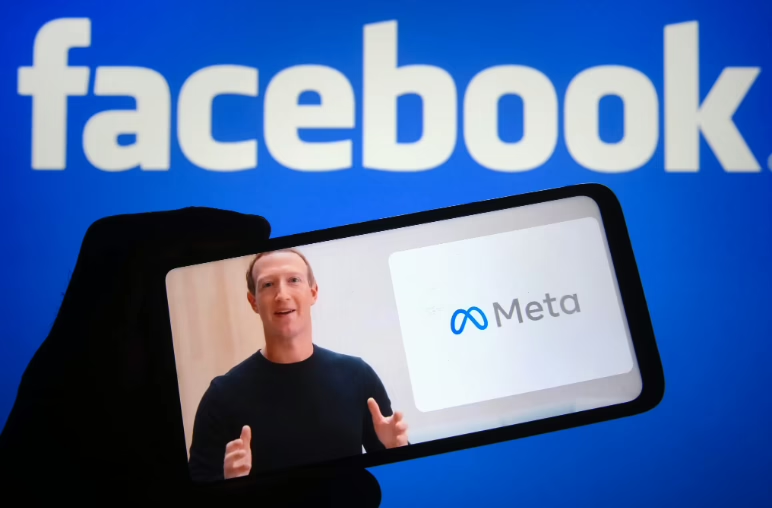Here’s the tea: back in July, Meta (the parent company of Facebook and Instagram) rolled out a “pay or consent” model. The gist? If users didn’t want to cough up €13 a month for an ad-free experience, they’d have to agree to their data being used for targeted and personalised ads. Sounds shady, right? Like straight-up data infringement?

Well, not exactly. Here’s the catch: when you sign up for most platforms, buried in those never-read terms and conditions is a clause about giving up a slice of your online anonymity. So technically, agreeing to personalised ads is just part of the deal—whether we like it or not.
The EU takes action
Some people love ads, some people can’t stand them—and let’s be honest, some of the ones we’re shown can feel downright invasive or just plain annoying. That’s why Meta’s decision to let users decide for themselves might sound like a win—but of course, it comes with a price tag.
Back in June, this whole setup caught the eye of the European Commission, the executive branch of the EU. They accused Meta of violating the region’s Digital Markets Act (DMA). Why? Well, as one of the biggest players in tech, Meta’s ad-free subscription model was deemed harmful to smaller companies and anti-competitive. The DMA argued that this model creates unfair pressure on smaller platforms and forces users into consent for data-sharing practices they might not be comfortable with.
Under the DMA, platforms can’t make access to their services conditional on user consent. Translation: even if users don’t agree to data tracking, they should still be able to use the platform—but with less personalised features, like generic, non-targeted ads.
Meta’s Response
Here’s Meta’s take: “Subscription for no ads follows the direction of the highest court in Europe and complies with the DMA,” the company said in a statement. That said, Meta has also expressed a desire for a “constructive dialogue” with the EU to resolve the matter and bring the investigation to a close before a final decision is issued in 2025.

Meanwhile, Meta isn’t waiting around. Just last week, the company announced significant changes to Facebook and Instagram in the EU, focusing on compliance with evolving regulations while offering users more choice. On November 13, Meta slashed the subscription costs for an ad-free experience. Prices were reduced from €9.99 to €5.99 per month on the web and from €12.99 to €7.99 on iOS and Android. This updated model is Meta’s attempt to align with EU regulatory requirements while still offering an alternative to personalised ads.
For those sticking to the free tier, Meta will soon introduce an option to see less personalised ads. These ads will rely on minimal data, such as a user’s age, location, gender, and session context, rather than extensive profiling. While this approach offers increased privacy, it also means ads might feel less relevant to individual preferences. To balance this and maintain value for advertisers, Meta plans to introduce unskippable ad breaks for users opting for the less personalised experience.
These adjustments demonstrate Meta’s commitment to addressing European regulators’ feedback while navigating the fine line between adhering to legal frameworks and maintaining user choice.
Why Should Marketers Care
Personalised ads on Meta remain a cornerstone of Meta’s business model. These ads are vital for connecting users with relevant brands and are especially beneficial for small businesses. In Europe, personalised ads generate €107 billion annually, with every €1 spent on Meta ads yielding €3.79 in advertiser revenue.
The introduction of less personalised ads for free-tier users means marketers may need to adjust strategies to target audiences effectively with limited data. Ads will rely on minimal information such as age, location, gender, and session context, which could affect the relevance and performance of campaigns. Businesses that rely heavily on precise targeting may need to explore new ways to optimise content and messaging for broader or less-specific audiences.
Likewise, in a less personalised ad landscape, competition for engagement could increase as marketers are forced to rely on broader targeting methods. Crafting compelling, universally appealing creative content becomes essential to stand out.
Meta also ensures that users, whether free or subscribed will have easy access to privacy tools. These include controls to customise ad preferences, the ability to understand why specific ads are shown, and opt-out options for third-party data usage. These features allow users to tailor their ad experience while maintaining control over their data.
